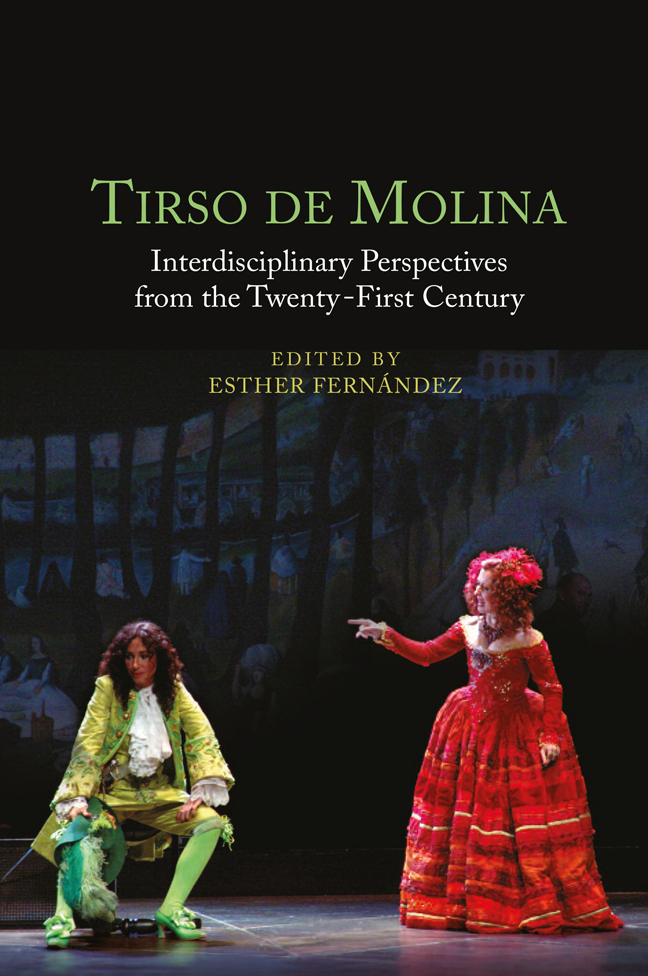7 - All about the Mother in Lessons to the Wise
Published online by Cambridge University Press: 02 March 2024
Summary
Tirso de Molina is often referred to as the first Spanish early modern comedia writer who delved into women’s psychology and who produced feminine characters with depth, complexity, and authenticity. The women characters in Tirso’s plays have been studied by many critics; however, most of these studies either completely ignore or only tangentially touch on the importance of the mother characters. The paucity of research devoted to the mother has led some critics to advance theories as to the reason for this alleged absence. Miguel Romera-Navarro, for example, postulates that Tirso leaves mothers out of his plays out of respect, stating, “This painter of women has only stopped in three plays to depict married women; thus, he has not depicted the motherin- law, nor the mother; the respect for conjugal honor and the veneration of the mother kept these characters outside of Tirso’s theater and out of almost all of the [Spanish] classical theater” (1928: 345). Héctor Brioso Santos, on the other hand, holds that although Tirso has included a few mothers in his plays, they are not many, nor are they central to the storyline, except for the mother in Ventura te dé Dios, hijo [God Grant You Good Fortune, My Son] (2003: 166–167). Because of this line of thinking, currently there are only a handful of studies that discuss the mother characters in Tirso. This is in spite of the fact that out of the seventy extant plays authored by or attributed to Tirso, at least 13 have one or more mother characters onstage.
Amongst the critics that have turned their attention to the study of Tirso’s mothers, we must mention Blanca de los Ríos, who proposes that Tirso includes the mother character in his plays owing to his sensibility and attention to feminine topics. She notes, “With Tirso, women entered theater; not one woman, but the entire female sex with all its psychophysical reality and with all her plenteous variety” (de los Ríos 1910: 25). However, de los Ríos is adamant in stating that the presence of the mother in Tirso’s plays does not reflect a historically accurate figure, but instead shows Spain’s idealized medieval values and reverence due to the mother (de los Ríos 1910: 37).
- Type
- Chapter
- Information
- Tirso de MolinaInterdisciplinary Perspectives from the Twenty-First Century, pp. 100 - 114Publisher: Boydell & BrewerPrint publication year: 2023

